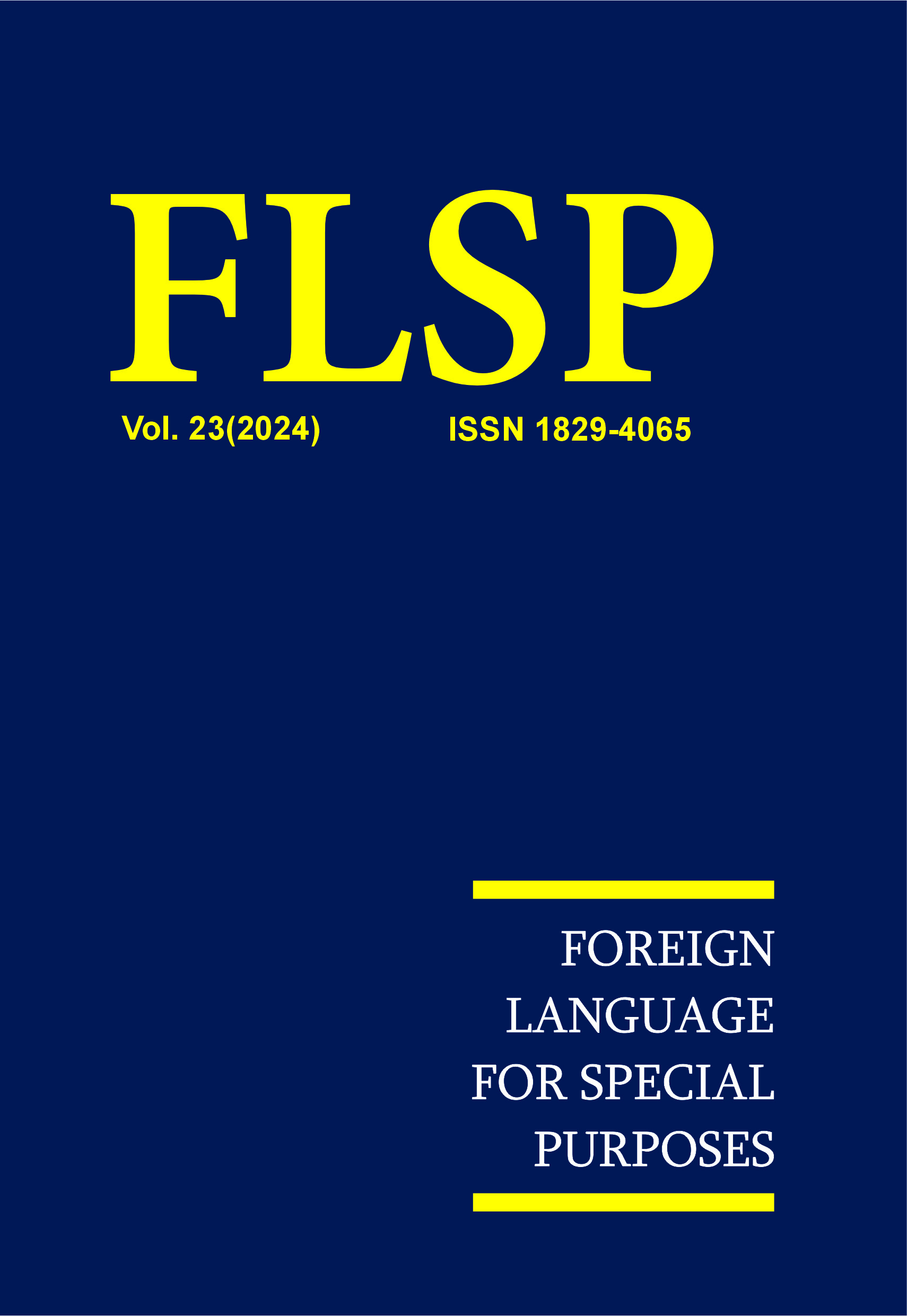GAMIFICATION AND STUDENT MOTIVATION IN EFL CLASSROOM
DOI:
https://doi.org/10.46991/FLSP.2024.23.169Keywords:
gamification, student motivation, extrinsic motivation, intrinsic motivation, EFLAbstract
In today’s educational landscape, the quest to enhance student engagement and motivation remains a paramount concern for educators, particularly in English as a Foreign Language (EFL) classrooms. This article delves into the realm of gamification as a novel approach to address these challenges. It aims to explore the motivational effects of gamified learning experiences in high school and higher education settings, in view of their needs and profiles as well as the potential risks involved. Drawing on insights from experts and research findings, the article explores the concept of gamification and its potential to revolutionize learning experiences in EFL contexts. It examines the core principles of playful learning experiences, the essence of gamification, and its application in fostering student engagement. Through an analysis of design elements, advantages, and challenges, the article offers a comprehensive overview of gamification’s implications for language education. Moreover, it discusses considerations for its effective implementation to enhance student motivation and learning outcomes in EFL classrooms.
References
Bergmann, J., & Sams, A. (2012). Flip your classroom: Reach every student in every class every day. Eugene, Or: International Society for Technology in New York, NY Education.
Deci, E. L., Koestner, R., & Ryan, R. M. (2001). Extrinsic rewards and intrinsic motivation in education: Reconsidered once again. Review of Educational Research, 71(1), 1–27. doi:10.3102/ 00346543071001001
Deterding, S., Dixon, D., Khaled, R., & Nacke, L. (2011). From game design elements to gamefulness: defining “gamification.” Proceedings of the 15th International Academic MindTrek Conference: Envisioning Future Media Environments (pp. 9–15). New York, NY: ACM. doi:10.1145/2181037.2181040
Domínguez, A., Saenz-de-Navarrete, J., de-Marcos, L., Fernández-Sanz, L., Pagés, C., & MartínezHerráiz, J.-J. (2013). Gamifying learning experiences: Practical implications and outcomes. Computers & Education, 63, 380–392. doi:10.1016/j.compedu.2012.12.020
Eccles, J.S.; Wigfield, (2002). A. Motivational Beliefs, Values, and Goals. Annu. Rev. Psychol., 53, 109–132.
Elam, C., Stratton, T., & Gibson, D. D. (2007). Welcoming a new generation to college: The millennial students. Journal of College Admission. Retrieved from http://www.eric.ed.gov/ ERICWebPortal/contentdelivery/servlet/ERICServlet?accno=EJ783953
Glover, I. (2013). Play as you learn: Gamification as a technique for motivating learners. In: J. Herrington, A. Couros & V. Irvine (Eds.) Proceedings of World Conference on Educational Multimedia, Hypermedia and Telecommunications (Vol. 2013, pp. 1999–2008). Chesapeake, VA: AACE.
Harlen, W., & Deakin Crick, R. (2003). Testing and motivation for learning. Assessment in Education: Principles, Policy & Practice, 10(2), 169–207. doi:10.1080/0969594032000121270
Howe, N., & Strauss, W. (2003). Millennials go to college: Strategies for a new generation on campus. Washington, DC: American Association of Collegiate Registrars and Admissions Officers.
Kapp, K. M. (2012). The gamification of learning and instruction: Game-based methods and strategies for training and education. San Francisco, CA: John Wiley & Sons.
Kim, B. (2012). Harnessing the power of game dynamics why, how to, and how not to gamify the library experience. College & Research Libraries News, 73(8), 465–469.
Klopfer E., Haas J., Osterweil S., Rosenheck L. (2018). Resonant games: Design principles for learning games that connect hearts, minds, and the everyday, MIT Press, doi:10.7551/mitpress/10887.001.0001
Lee, J., & Hammer, J. (2011). Gamification in education: What, how, why bother? Academic Exchange Quarterly, 15(2), 146.
Maehr, M. L., & Meyer, H. A. (1997). Understanding motivation and schooling: Where we’ve been, where we are, and where we need to go. Educational Psychology Review, 9(4), 371–409. doi:10. 1023/A:1024750807365
McGonigal, J. (2011). Reality is broken: Why games make us better and how they can change the world. London: Penguin.com.
Nicholson, S. (2012, June). A user-centered theoretical framework for meaningful gamification. Paper presented at Games+Learning+Society 8.0, Madison, WI.
Фопель К., (2003). Технология ведения тренинга. Теория и практика. Пер. с нем. – М., 2003.
Downloads
Published
Issue
Section
License
Copyright (c) 2024 Lusine Madoyan

This work is licensed under a Creative Commons Attribution-NonCommercial 4.0 International License.
Creative Commons Attribution-Non-Commercial (CC BY-NC). CC BY-NC allows users to copy and distribute the article, provided this is not done for commercial purposes. The users may adapt – remix, transform, and build upon the material giving appropriate credit, providing a link to the license. The full details of the license are available at https://creativecommons.org/licenses/by-nc/4.0/

